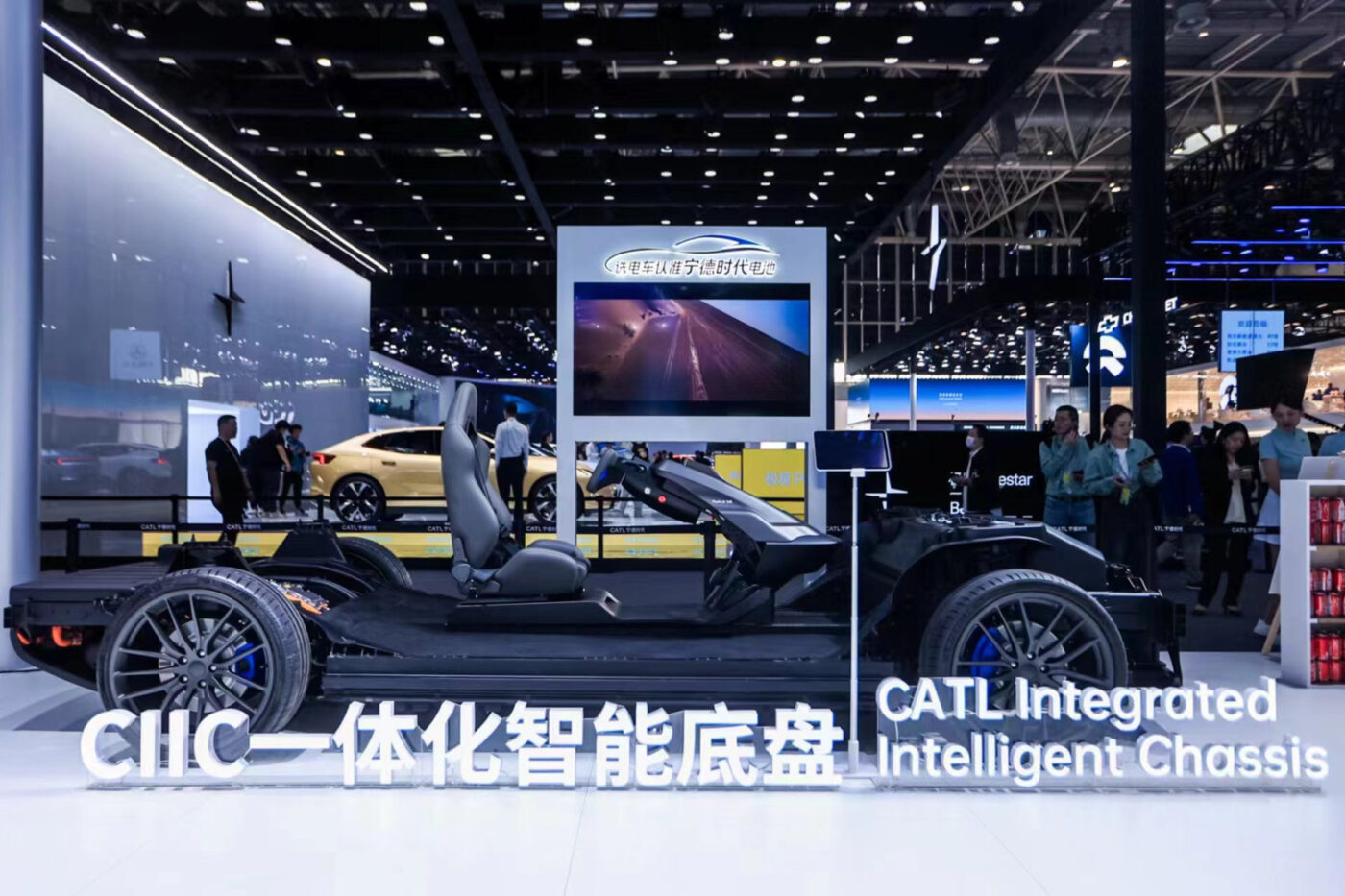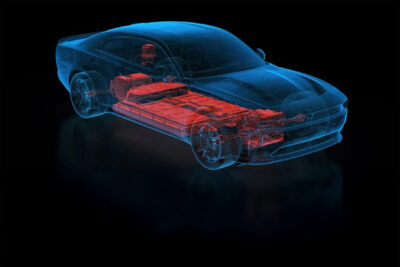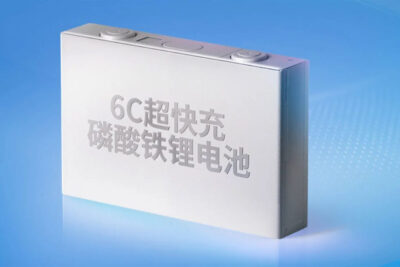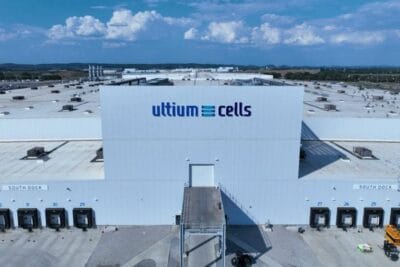CATL expects to produce its own solid-state batteries in small series by 2027
A senior CATL scientist named Wu Kai made the announcement yesterday at the China International Battery Fair (CIBF) in Shanghai that CATL is aiming for small-scale production of solid-state batteries by 2027. He is quoted on Chinese portals such as CN EV Post as saying that the maturity level of the technology and the manufacturing process can currently be categorised at 4 on a scale of 1 to 9. CATL wants to be at 7 to 8 by 2027, which is equivalent to the production of solid-state batteries in small quantities. With regard to potential mass production, Wu said that challenges remain, including costs.
According to Wu, solid-state batteries have great potential, especially in terms of energy density, which is expected to reach 500 Wh/kg. Currently, lithium-ion batteries with liquid electrolyte reach their limit at 350 Wh/kg. “It is difficult to continue to improve,” Wu is quoted as saying. At Auto China in Beijing, CATL just presented its new Shenxing Plus LFP battery, which is designed to help electric cars achieve a range of more than 1,000 kilometres.
CATL has been involved in the research and development of solid-state batteries for more than a decade. According to Wu, an R&D team with almost 1,000 employees is now working on solid-state batteries and new battery systems. Co-operations with universities and other players in the battery industry are also intended to advance the topic.
Speaking of cooperation: At the beginning of the year, the business newspaper Nikkei Asia revealed that a number of major Chinese battery and car manufacturers had formed an alliance to jointly drive forward the commercialisation of solid-state batteries. Among them is CATL. The Chinese government is said to be the initiator of the alliance. The consortium called China All-Solid-State Battery Collaborative Innovation Platform (CASIP) was founded in January with the aim of developing and producing competitive solid-state batteries and establishing a supply chain by 2030.
According to Nikkei Asia, the alliance includes CATL as well as battery manufacturers CALB, EVE Energy, SVOLT, Gotion High-Tech and BYD battery subsidiary FinDreams Battery. There are also several state-owned manufacturers from the automotive industry as well as the private companies BYD and Nio. Other players include representatives from the government and academia. According to the Japanese newspaper, “influential state-sponsored funds are also on the CASIP membership list”.
China wants to maintain technical lead
At the opening ceremony in January, Ouyang Minggao, a professor at Tsinghua University, was among those who gave a speech. Nikkei Asia quotes the following passage from this speech: “We need to be prepared for the risk that all-solid-state battery technology could overturn China’s advantage in automotive batteries. ” He added: “AI is changing the way we do materials research and development, and it will vastly accelerate the speed of all-solid-state battery R&D. By around 2030, we will have a higher chance of achieving a breakthrough for the industrialization of all-solid-state batteries.”
Ergo does not want China’s market-leading position in electric car batteries to be challenged by a technological leap towards solid-state batteries. Against this backdrop, the new consortium will primarily focus on basic research, key technologies, the joint development and production of electric vehicles with solid-state batteries and the establishment of a corresponding supply chain.
It should be emphasised that the project, which is coordinated from Beijing, is bringing together competitors who are fighting aggressively for market share. One example cited by Nikkei Asia is the fact that CATL has sued its competitors CALB and Svolt for patent infringement. The rivals are bringing together the initiatives launched in South Korea, Japan, North America and Europe to commercialise solid-state battery technology, which could outpace the Chinese industry. Toyota, for example, wants to launch the first electric cars with solid-state batteries in 2027/28, while Nissan also plans to do so in the 2028 financial year.





0 Comments